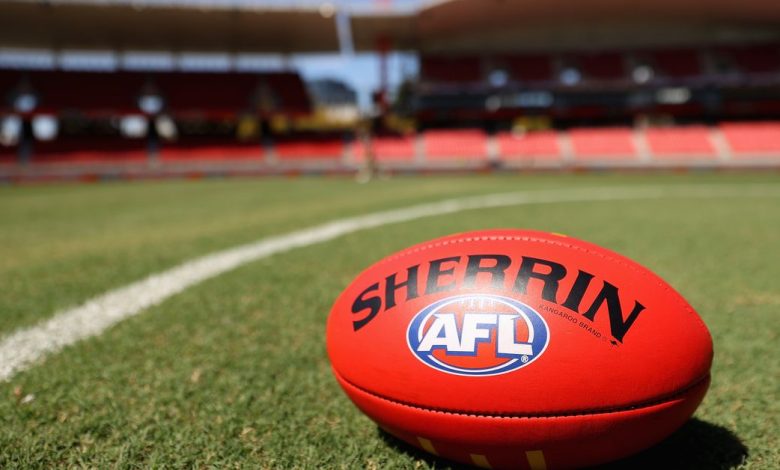AFL club accused of ‘oppressive’ tactics to elect preferred board members

The Melbourne Football Club has been accused of using oppressive tactics to elect preferred candidates to its board and “squeeze” independent candidates out of the polls.
The AFL club stood today on the first day of the Federal Court trial in Melbourne after businessman Peter Lawrence brought the case.
The former board candidate accused the Demons of engaging in oppressive behavior toward candidates not yet aligned with his board.

Lawrence, who ran unsuccessfully as one of eight candidates in December’s board election, wants the club’s election rules changed.
This includes revising the current ban preventing candidates from making publicly disparaging comments against the club and the board.
“The campaigning ban is oppressive,” Lawrence’s barrister James Peters QC told the court.
“There’s a pattern of pushing candidates who are favored off the board from canvassing for votes and pushing issues they think are important.”
He said board candidates were also not given access to a membership register until Lawrence took the matter to the Supreme Court, where a judge ruled in his favor.
“Not only do they limit what you can say, but they limit access to members during elections,” the lawyer said.
Peters said prior to 2020, the club had not held a board election.
Once elected, board members serve three-year terms.
Demons lawyer Michael Borski KC said the current board had helped the club grow from strength to strength in the four years since Lawrence sought to be elected.
“The club is well run and has success on and off the pitch,” he told the court.
He said the club’s directors had changed some of the election rules in recent years.
“The directors sought in good faith to balance various legitimate interests and competing interests of the club and its members,” Borski said.
“These interests include creating a level playing field so that wealthy applicants who can afford what would otherwise be costly are not favored.
“And avoiding an inflammatory public campaign that could damage the club’s reputation.”
He said Melbourne members had been consulted on rule changes and “no one is in favor of unlimited campaigning”.
“The majority of consulted members do not want contested elections in the media,” Borsky said.
The trial before Judge David O’Callaghan continues.




